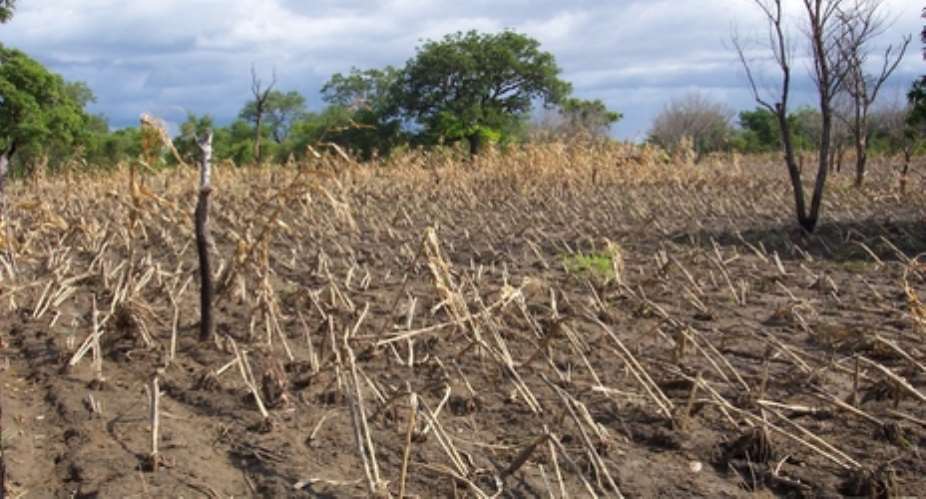Delegates to the UN climate treaty have gathered in Bonn, Germany for the first time since adopting the Paris Agreement during a landmark political moment in the French capital last December.
The political momentum which delivered the agreement in Paris also catalysed the signatures of 177 countries at an Earth Day signing ceremony in New York this year.
Attention is now turning to preparing for implementation as countries meet for the first time as the Ad Hoc Working Group on the Paris Agreement (APA) to prepare draft decisions on all the issues in the Paris Agreement which need to be fleshed out further.
The APA will present this draft legislation before the first meeting of the Parties to the Paris Agreement once the treaty enters into force – which happens once 55 countries covering 55% of global emissions or more have ratified the Agreement. This is expected to occur sooner than 2020.
In addition to questions of policy and ratification, observers can expect some procedural jostling for position in Bonn as countries elect the co-chairs for the APA and begin work on its agenda.
"Post-Paris, climate scientists, political leaders, and civil society groups all agree that the world needs a rapid energy transformation. One example at a regional level is the African Renewable Energy Initiative, which has already seen $10 billion dollars pledged to it. A critical objective going forward is to take this initiative global with renewable energy for the whole world. Looking forward to Marrakech, the Moroccan Presidency has an opportunity to continue to advance Africa's leadership by making COP22 deliver a real world renewable energy outcome for the people," said Asad Rehman, Head of International Climate, Friends of the Earth (EWNI).
Turning the promise of Paris into a reality will involve bridging the "mitigation gap" between climate pledges and the Paris temperature goal; addressing barriers to implementation, including lack of financial, technological, and technical capacity; and equipping communities to plan for and deal with the adverse impacts of climate change.
It will also involve developing strategies and policy mechanisms to ensure adaptation action on the ground; and creating the framework necessary for countries to address economic and non-economic loss and damage arising from climate change.
According to said Azeb Girmai, Climate Lead at LDC Watch, "The Paris Agreement needs to go beyond mere recognition of the huge need for adaptation support and come up with a concrete plan to identify the source and amount of support immediately. Communities on the frontline of impacts from the adverse effects of climate change in Africa still have nothing to celebrate as no new or additional finance has been secured in the new agreement to urgently build their adaptive capacity alongside their on going development efforts".





 This IMANI job no dey pap; the people you are fighting for are always fighting y...
This IMANI job no dey pap; the people you are fighting for are always fighting y...
 Prof. Naana Opoku-Agyemang has changed; you can see a certain sense of urgency –...
Prof. Naana Opoku-Agyemang has changed; you can see a certain sense of urgency –...
 MFWA Executive Director slams Akoma FM for engaging in ‘irresponsible’ media pra...
MFWA Executive Director slams Akoma FM for engaging in ‘irresponsible’ media pra...
 ‘Women must become millionaires too’ — Prof Jane Naana on establishment of Women...
‘Women must become millionaires too’ — Prof Jane Naana on establishment of Women...
 Some believe only in Ghanaian votes, not Ghana — Kofi Asare jabs politicians
Some believe only in Ghanaian votes, not Ghana — Kofi Asare jabs politicians
 Plan to make BEST sole aggregator of Sentuo Oil Refinery will create market chal...
Plan to make BEST sole aggregator of Sentuo Oil Refinery will create market chal...
 2024 elections: I can't have the man I removed from office as my successor — Aku...
2024 elections: I can't have the man I removed from office as my successor — Aku...
 2024 Elections: Immediate-past NPP Germany Branch Chairman garners massive votes...
2024 Elections: Immediate-past NPP Germany Branch Chairman garners massive votes...
 Gov’t focused on making Ghana energy self-sufficient, eco-friendly – Akufo-Addo
Gov’t focused on making Ghana energy self-sufficient, eco-friendly – Akufo-Addo
 April 25: Cedi sells at GHS13.74 to $1, GHS13.14 on BoG interbank
April 25: Cedi sells at GHS13.74 to $1, GHS13.14 on BoG interbank
